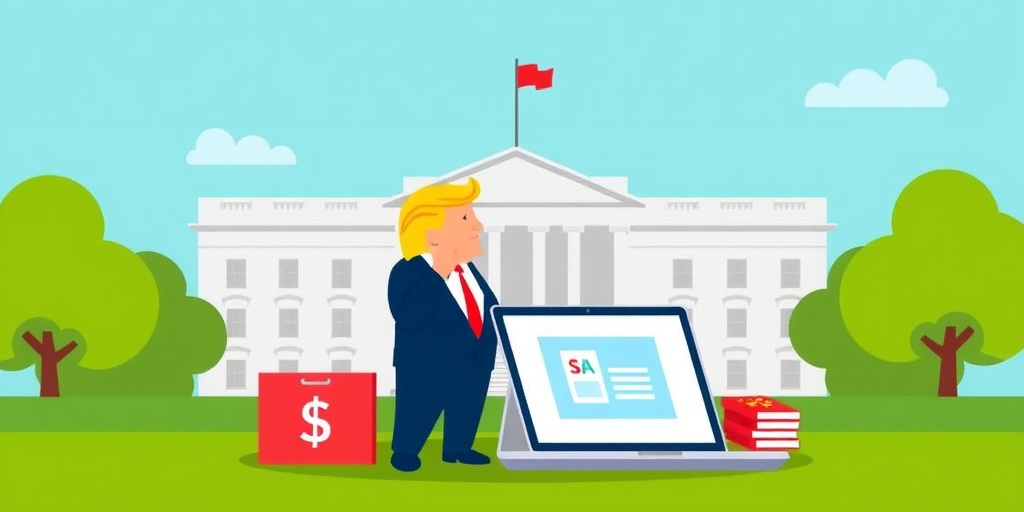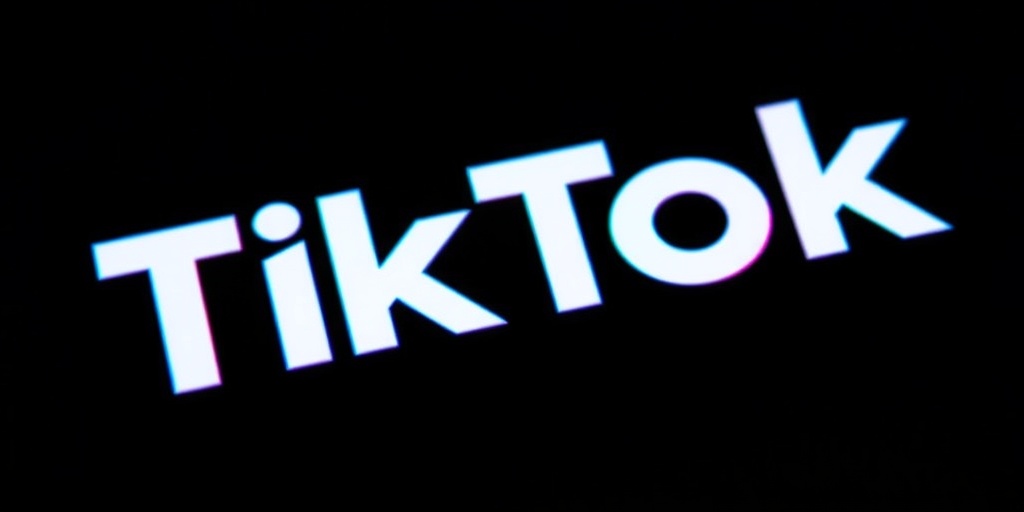Now Reading: FDA Layoffs May Increase Drug Prices and Compromise Food Safety
-
01
FDA Layoffs May Increase Drug Prices and Compromise Food Safety
FDA Layoffs May Increase Drug Prices and Compromise Food Safety

Federal Health Agencies Face Major Layoffs Under Health Secretary Robert F. Kennedy Jr.
In a sweeping move affecting the landscape of federal health oversight, Health Secretary Robert F. Kennedy Jr. has announced extensive cutbacks at key federal health agencies, notably the Food and Drug Administration (FDA). The initiative, aimed at eliminating redundant services and bureaucracy, is expected to reduce the FDA workforce by an alarming 20%, with approximately 3,500 employees set to be laid off.
The impact of these layoffs is already being felt across various divisions of the FDA. Interviews with current and former staff reveal that the cuts will have dire consequences on the agency’s ability to ensure public health and safety. Experts essential for navigating complex regulatory frameworks regarding drug approvals, lab scientists responsible for testing food and drugs for harmful contaminants, and specialists in the veterinary division working on critical health issues like bird flu transmission are among those whose positions are at risk.
In light of these layoffs, several critical functions within the FDA have been left unattended. Essential administrative tasks such as payroll processing, filing retirement or layoff paperwork, and assisting international inspectors have ground to a halt. Notably, the agency’s library—once a vital resource for researchers—has also been shut down, eliminating access to crucial medical journal subscriptions.
During a recent visit to the FDA’s Maryland headquarters, the newly appointed commissioner, Dr. Marty Makary, addressed employees about pressing health care challenges, including the alarming rise in chronic diseases. However, in a telling absence of engagement, employees were not given a chance to ask questions during the session.
These layoffs follow a history of cuts aimed at the FDA during previous administrations. The Trump administration’s earlier reductions gutted teams responsible for ensuring the safety of vital medical devices. Critics, including former FDA Commissioner Dr. David Kessler, have voiced concerns that the latest cuts are chaotic, careless, and threaten the core functionality of the agency. "I think it’s devastating, haphazard, thoughtless, and chaotic," Kessler stated, calling for the plans to be rescinded.
With the layoff announcements, the uncertainty surrounding the future of these positions remains pervasive. Faulty communication channels could potentially hinder collaboration with international partners, a concern voiced by former FDA officials. For instance, the elimination of staff in the Office of Policy and International Engagement poses a significant risk to the FDA’s ability to quickly respond to outbreaks of food-borne illnesses originating abroad.
The FDA’s funding structure further complicates matters. Heavily financed by the industries it regulates—such as pharmaceuticals and medical devices—user fees compose around half of the agency’s budget. The laid-off staff included those responsible for managing these industry fee programs. The abrupt loss of personnel may jeopardize hundreds of millions in user fees, leading to severe budgetary constraints that could directly affect the approval process for new medications.
In laboratory settings, tests critical to assessing the safety of medications and food products are being compromised. The agency has markedly reduced its workforce at labs responsible for monitoring the migration of harmful chemicals into food packaging and ensuring drug safety. Layoffs have spread to a facility in San Juan, Puerto Rico, where key evaluations of commonly used medications occurred.
Additionally, cuts targeting policy offices have disrupted essential processes related to the approval of generic medications, which constitute 90% of medicines consumed in the United States. The staff members previously tasked with identifying drugs eligible for generic approval have been significantly diminished, raising alarms about potential delays in delivering cost-effective alternatives to consumers.
As federal officials scramble to adjust to these sweeping changes, the Association for Accessible Medicines, representing generic drug manufacturers, expressed concern over the implications of such reductions. While advocating for efficiency, the organization pointed out that the cuts could hinder timely access to much-needed medications.
In the wake of these developments, the FDA’s capacity to monitor drug advertising for misleading claims has also been severely weakened. The division that handled public complaints and issued warnings to companies about problematic marketing has been dismantled, eliciting rising concerns from public health advocates about the potential risks to consumers.
The sweeping layoffs at the FDA, which began with earlier cutbacks under past administrations, have sparked widespread debate about the future of public health oversight in the United States. With a diminished workforce and essential departments shuttered, experts underscore that the integrity of food safety and drug approval processes may be irreversibly compromised, posing significant risks to national health standards. The situation remains fluid, with ongoing discussions about whether any of the laid-off positions will be restored moving forward.
Stay Informed With the Latest & Most Important News
Previous Post
Next Post
-
 01New technology breakthrough has everyone talking right now
01New technology breakthrough has everyone talking right now -
 02Unbelievable life hack everyone needs to try today
02Unbelievable life hack everyone needs to try today -
 03Fascinating discovery found buried deep beneath the ocean
03Fascinating discovery found buried deep beneath the ocean -
 04Man invents genius device that solves everyday problems
04Man invents genius device that solves everyday problems -
 05Shocking discovery that changes what we know forever
05Shocking discovery that changes what we know forever -
 06Internet goes wild over celebrity’s unexpected fashion choice
06Internet goes wild over celebrity’s unexpected fashion choice -
 07Rare animal sighting stuns scientists and wildlife lovers
07Rare animal sighting stuns scientists and wildlife lovers





















